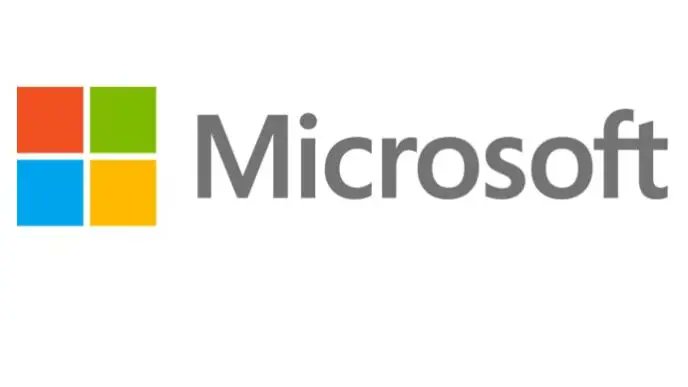Microsoft will stop releasing updates for its Windows 10 operating system on October 14, raising concerns from consumer groups and users who fear they may need to buy new computers to stay secure.
What happens on October 14? Windows 10, launched in 2015, will no longer receive updates after this date. Regular patches helped protect the system from cyberattacks, according to Martin Kraemer of security firm KnowBe4. Microsoft is encouraging users to upgrade to Windows 11, released in 2021, but is also offering a \$30 one-year extension for security updates to those with incompatible hardware.Consumer reactionConsumer Reports criticized the lack of backward compatibility, calling it costly for people who bought Windows 10 machines just a few years ago. In Europe, French group End Planned Obsolescence (HOP) has launched a petition seeking free updates until 2030, while Germany’s Verbraucherzentrale federation warned that the decision restricts consumer choice and creates environmental waste from discarded electronics.
How many users are affected? Microsoft has not released official figures. Consumer Reports estimated in August that 650 million people worldwide were still using Windows 10. The Public Interest Research Group (PIRG) believes as many as 400 million computers cannot run Windows 11.
What are the risks? Users who neither upgrade nor pay for extended security updates will face increased vulnerability to cyberattacks. Kraemer noted that attackers target outdated systems with unpatched flaws. Over time, Windows 10 users may also struggle to install new third-party applications, since vendors rely on updated system functions to maintain compatibility, said Paddy Harrington of Forrester.
What alternatives are available? Even the best antivirus programs cannot fully protect an unsupported system. Harrington recommended them only as a short-term measure. Users unwilling to upgrade their hardware may consider switching to Linux, an open-source system that underpins many internet servers and Google’s Android. If applications and security tools are supported, Linux can serve as a viable alternative.
Source: https://guardian.ng/











